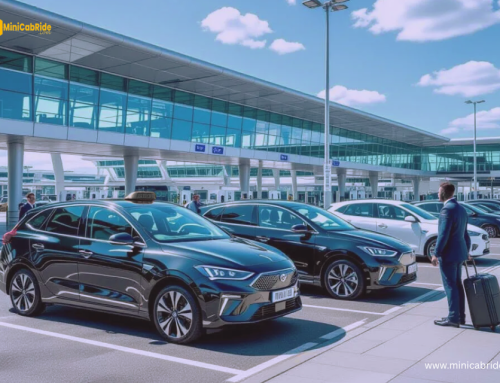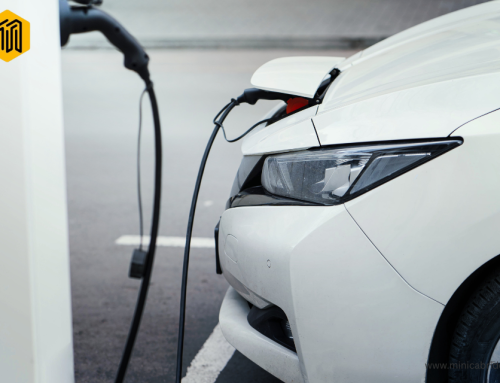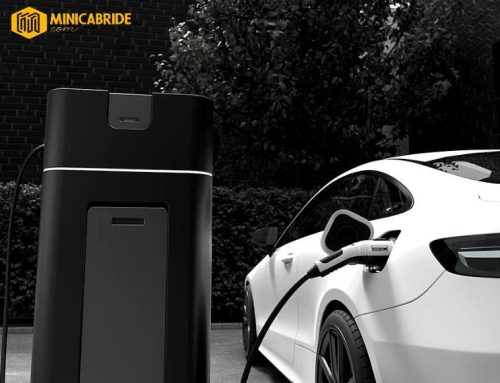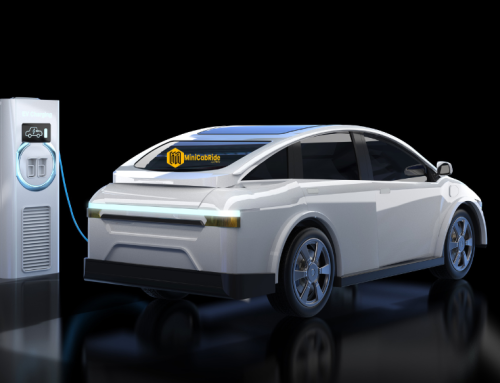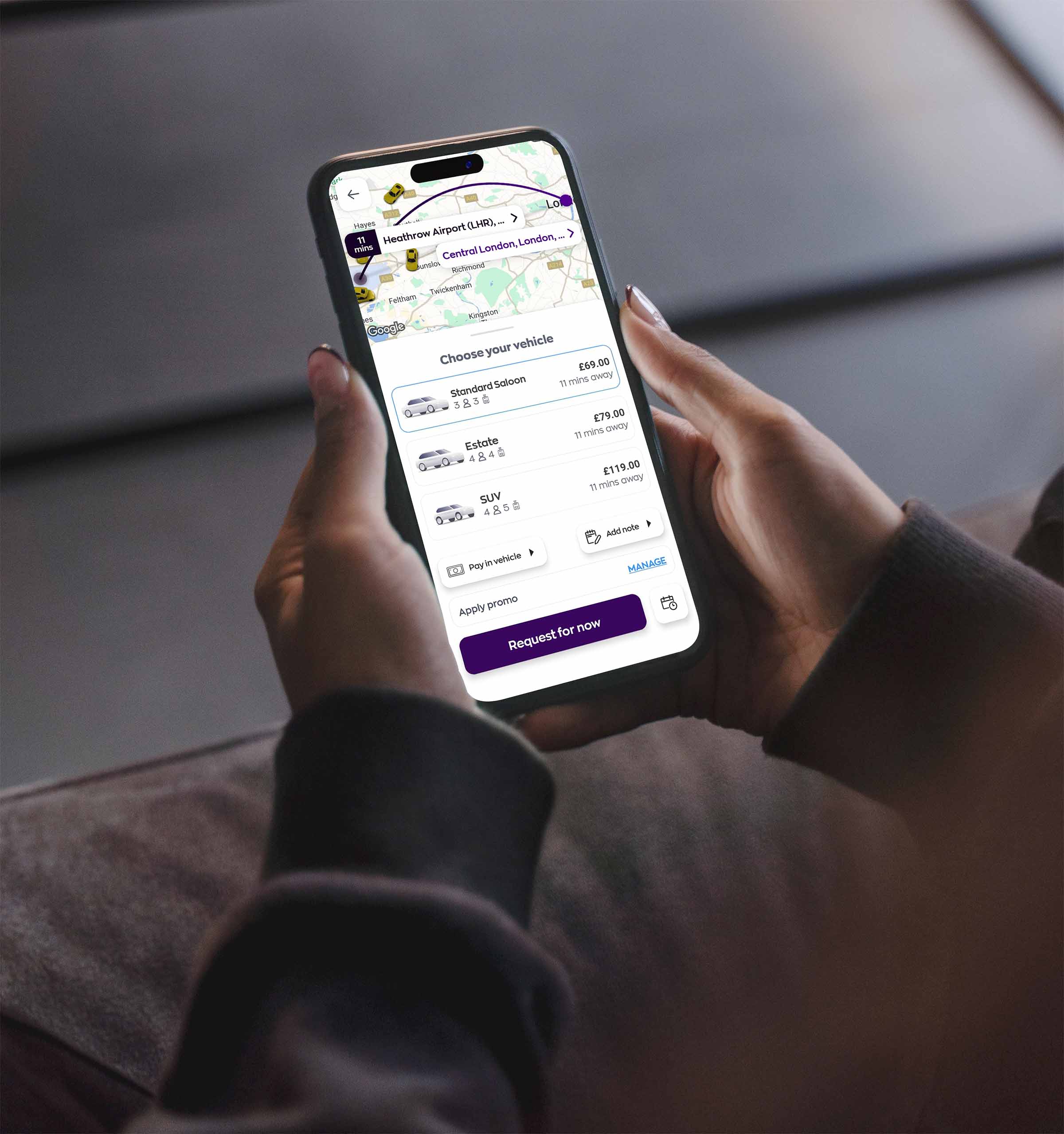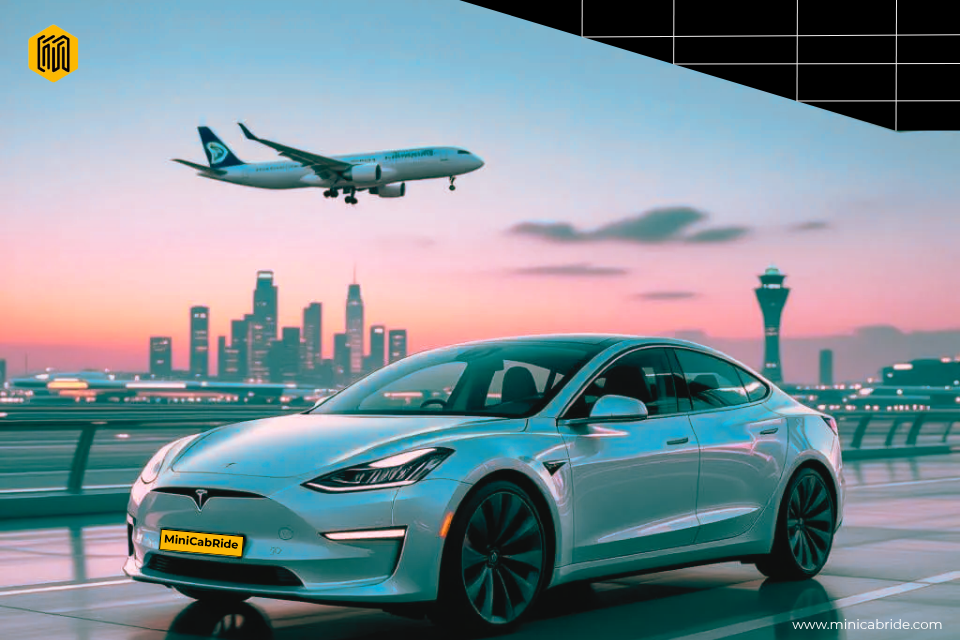
London is stepping into a new era of travel. With sustainability now at the heart of urban mobility, electric and eco-friendly ways to travel in London are no longer a niche — they’re the new standard. As policies, passengers, and technologies align, companies like MiniCabRide are leading this transformation toward cleaner, greener, and more imaginative airport journeys.
Table of Contents
ToggleThe Shift Toward Sustainable Airport Transfers in London
Why the Change Is Happening Now
London’s air quality challenges, rising fuel costs, and regulatory initiatives, such as the Ultra-Low Emission Zone (ULEZ), have prompted a significant rethink of transport operations.
According to Transport for London (TfL) , emissions from taxis and private hire vehicles contribute significantly to urban air pollution. To combat this, TfL introduced stricter licensing requirements that encourage drivers to transition to zero-emission-capable (ZEC) vehicles.
Moreover, Heathrow and Gatwick Airports have both announced net-zero goals, committing to reducing ground transport emissions by deploying charging infrastructure and promoting electric transfers.
How Travelers Are Responding
Modern travellers are increasingly eco-conscious. A 2024 survey by Booking.com revealed that over 71% of global travellers prefer booking sustainable travel options when available.
Passengers now actively look for “electric” or “eco-friendly” options when booking airport transfers, prioritising comfort and conscience together.
The Rise of Electric Airport Transfers in London
The EV Revolution in Numbers
The UK’s electric vehicle (EV) market has seen exponential growth.
- 2023–24: Over 900,000 EVs registered nationwide (source: SMMT).
- London leads adoption, supported by ULEZ expansion and city grants.
- Heathrow Airport has already installed hundreds of EV charging points, enabling operators like MiniCabRide to operate emission-free vehicles efficiently.
This infrastructure makes it feasible for private-hire companies to adopt fully electric fleets — ideal for short, frequent airport trips that maximise cost and carbon savings.
MiniCabRide’s Green Commitment
At MiniCabRide, sustainability is more than a buzzword — it’s a business model. The company continually upgrades its fleet with electric and hybrid vehicles, ensuring every eco-friendly airport transfer contributes to London’s cleaner air goals.
With options ranging from executive EV sedans to spacious eco-shuttles, MiniCabRide ensures clients travel comfortably, quietly, and sustainably.
Benefits of Electric and Eco-Friendly Airport Transfers
1. Reduced Emissions, Cleaner Air
Electric vehicles emit zero tailpipe pollutants, significantly reducing nitrogen dioxide (NO₂) and carbon dioxide (CO₂) levels — pollutants that affect respiratory health. Each electric transfer replaces the emissions equivalent of up to 4 litres of petrol for a typical London–Heathrow route.
2. Cost Efficiency for Operators and Passengers
While EVs have higher upfront costs, their lower operating costs (approximately one-third of those of petrol vehicles per mile) make them financially smart in the long term.
MiniCabRide’s fixed-rate pricing structure ensures passengers save money while operators achieve higher fleet efficiency.
3. Quieter, More Comfortable Rides
Electric airport transfers offer silent operation, smoother acceleration, and a more premium feel — perfectly aligning with the professional, relaxed experience MiniCabRide promises.
4. Future-Ready Compliance
London’s continuous tightening of emission laws means electric fleets will remain compliant longer, saving operators from future retrofitting or penalty costs.
The Role of Technology in Sustainable Airport Transfers
Smart Fleet Management
AI-driven dispatch systems now optimise routes to reduce idling and wasted mileage. MiniCabRide utilizes intelligent route allocation and real-time flight tracking, ensuring every journey is both efficient and environmentally friendly.
Real-Time EV Charging Infrastructure
London’s growing charging network — including fast chargers at Heathrow, Gatwick, and Luton — allows operators to manage battery range smartly.
Future infrastructure integration will enable automated charging and dynamic scheduling, reducing downtime for EV fleets.
Data-Driven Sustainability
Fleet telematics help MiniCabRide track emissions saved, distance optimized, and cost reductions in real-time — turning sustainability into measurable performance.
Challenges and the Road Ahead
Charging Infrastructure
Despite growth, EV charging availability in busy areas like Heathrow and Paddington remains limited. Airports and councils are expanding facilities, but 24/7 high-power charging is key for scaling operations.
Upfront Vehicle Costs
Electric minibuses and premium EVs can cost 20–30% more than traditional vehicles. However, with UK government incentives (like the Plug-in Taxi Grant) and MiniCabRide’s long-term investment strategy, these costs are being rapidly offset.
Training and Adaptation
Switching to EVs also requires driver training, route familiarity, and maintenance adaptation — areas where MiniCabRide continuously supports its chauffeurs.
The Environmental and Economic Impact
- CO₂ Reduction: Every electric car hire transfer saves around 1.5–2 kg CO₂ compared to a petrol vehicle over an average Gatwick–London trip.
- Energy Efficiency: Electric drivetrains convert up to 85–90% of battery energy into motion, compared to 25–30% for combustion engines.
- Economic Advantage: Reduced fuel dependency insulates operators from oil price volatility.
As the UK’s renewable grid expands, these gains multiply — turning every airport transfer into a step toward net zero.
MiniCabRide’s Role in London’s Sustainable Travel Future
MiniCabRide is pioneering the shift to green transport across Greater London, connecting airports such as Heathrow, Gatwick, Luton, and Stansted with sustainable, premium travel options.
Each booking contributes to reduced emissions, improved air quality, and a smarter city.
Whether you’re a corporate traveller, tourist, or resident, choosing MiniCabRide means choosing comfort, reliability, and responsibility.
How Passengers Can Support Sustainable Travel
- Book Electric Transfers: Choose electric or hybrid options when booking.
- Plan Smartly: Consolidate group transfers or use shared eco-shuttles.
- Opt for Certified Green Operators: MiniCabRide’s verified eco-fleet ensures transparency and sustainability.
- Spread Awareness: Encourage others to choose greener transfer options.
The Road Ahead — London’s Green Transport by 2030
By 2030, London aims to become a net-zero city, with 100% of new taxis and private hire vehicles capable of zero emissions.
With policy, technology, and public support aligning, the future of airport transfers is electric — and MiniCabRide is at the forefront of that journey.
Read More- How Electric Car Hire in London is Transforming the Urban Commute?
FAQs About Electric and Eco-Friendly Airport Transfers
Heathrow, Gatwick, and Luton have dedicated EV lanes and multiple charging points for electric vehicles.


